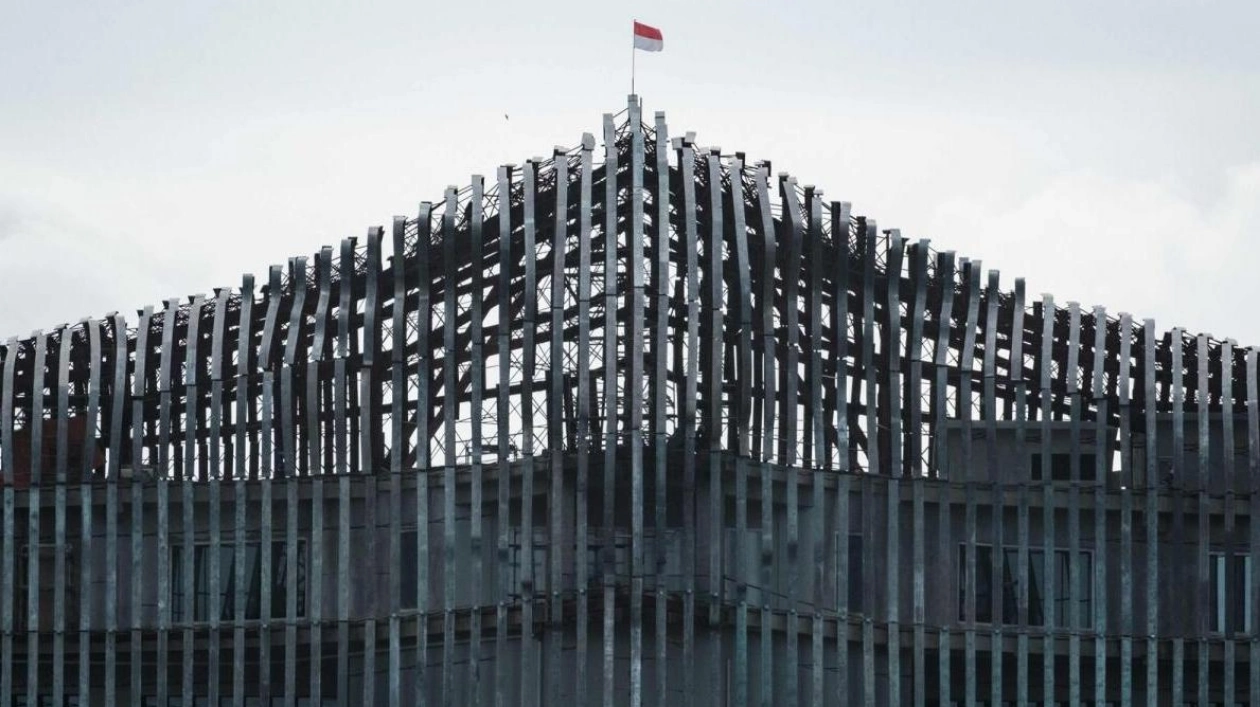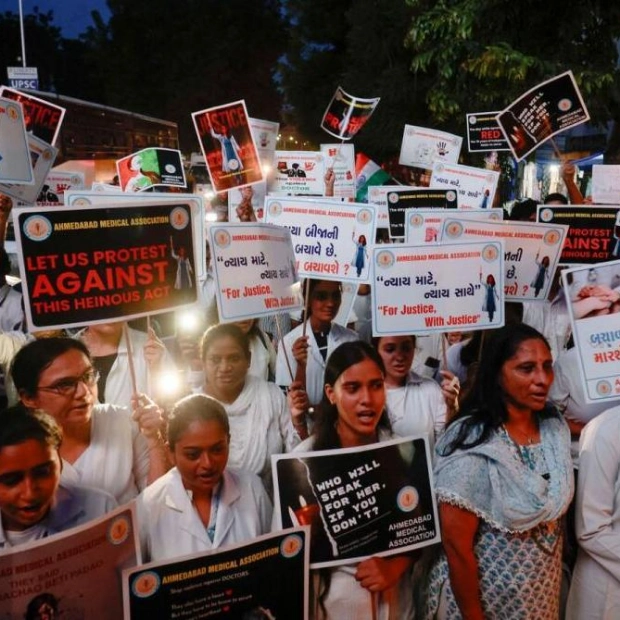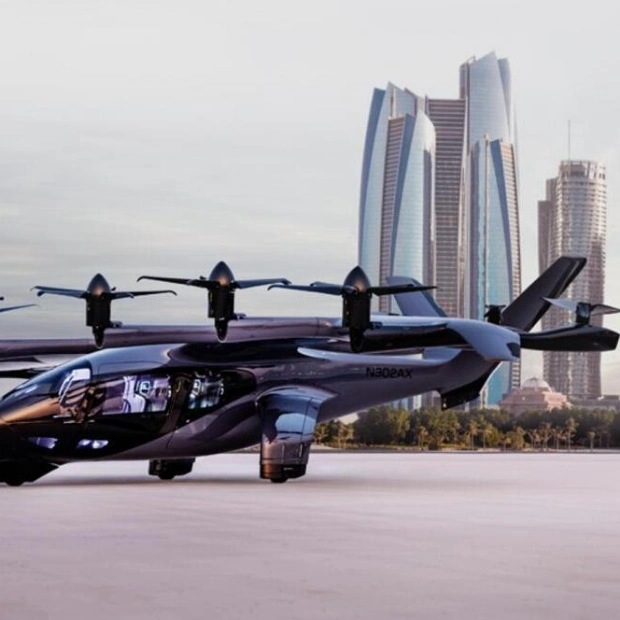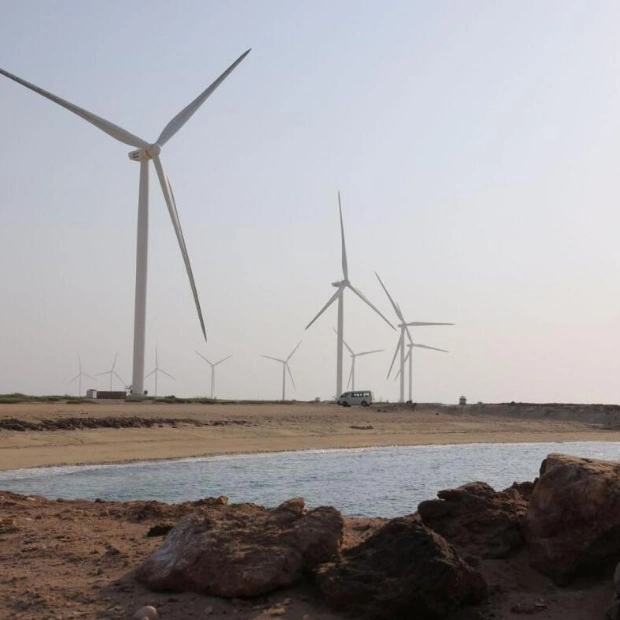Planned as the crowning achievement of Joko Widodo's decade-long presidency, Indonesia's future capital, Nusantara, is emerging from the dense Borneo jungle as a sprawling construction zone just weeks before its scheduled launch. Excluding the central presidential palace, designed with wings resembling the national symbol, the mythical Garuda bird, Nusantara presents a landscape of incomplete structures and rough access roads, enveloped in dust clouds from trucks and excavators. Originally slated for inauguration on August 17, Indonesia's Independence Day, the project faces delays and funding challenges, as well as reluctance from those intended to relocate. "Everything is still in progress," Widodo acknowledged during a recent site visit, noting the project's long-term nature.
Despite the ongoing construction, Nusantara will play a significant role in Independence Day celebrations, though an official decree to move the capital from Jakarta might be postponed beyond Widodo's successor, Prabowo Subianto's, tenure starting October 20. Widodo revived the capital relocation plan shortly after his 2019 inauguration, prompted by warnings that Jakarta, a city of 12 million, was sinking. The east coast of Borneo was selected for its central location, aiming to better serve Indonesia's vast archipelago. The construction was planned in five phases to conclude by 2045, with the first phase, intended for the president, ministers, and key civil servants, originally scheduled to be operational by now.
Access to the first phase was granted to AFP by project officials, who claimed an 80 percent completion rate, though this was met with skepticism. "We are on track. There is no crisis," said Danis Sumadilaga, Nusantara's infrastructure head. However, a project insider, speaking anonymously, estimated the completion at closer to 20 percent. Workers are racing against the August 17 deadline, amidst challenging weather conditions. The project has already seen leadership changes, with the city's administration head and deputy resigning in June, and faces difficulties in attracting foreign investment.
Jakarta aims to fund 20 percent of Nusantara and seeks 100 trillion rupiah in private investment by the end of 2024, but as of June, only 51.3 trillion had been secured domestically. Experts suggest foreign firms are cautious about investing in a project that could harm the biodiversity of one of the world's largest rainforests. The project's current state has not inspired confidence among the over 10,000 civil servants ordered to relocate from September, with many expressing reluctance due to inadequate facilities and the long-term nature of the project.






